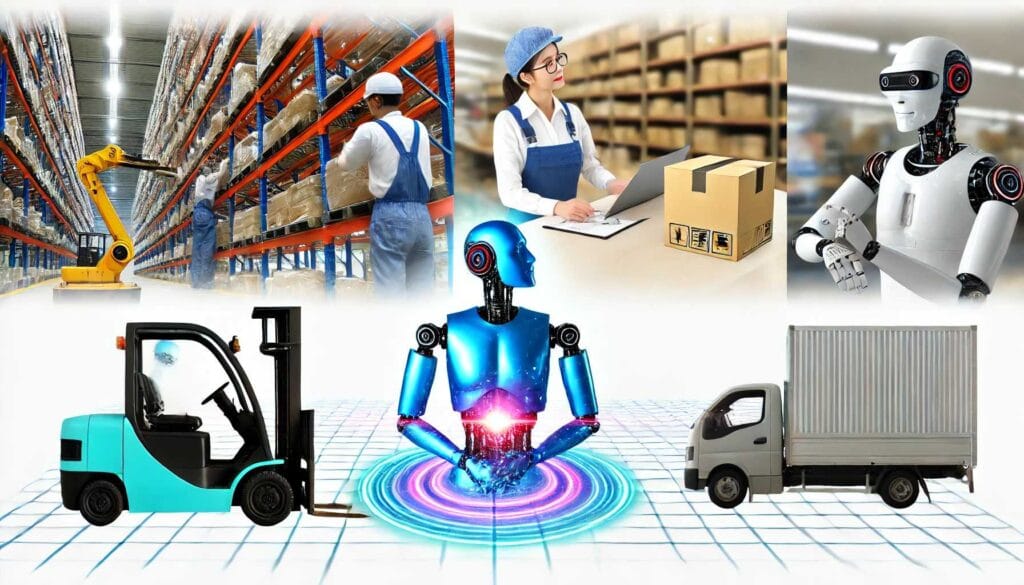The Impact of AI on Job Sectors: Which Jobs Are Most Affected?

Artificial Intelligence (AI) is reshaping various industries and changing the nature of work across the globe. Some jobs are being dramatically transformed by AI technologies, while others are largely unaffected or even enhanced by these advancements. Understanding which sectors are most impacted by AI can provide insights into the future of employment.
1. Jobs with the Most Impact from AI
AI technologies, especially machine learning and automation, are having the greatest influence in sectors that involve repetitive tasks, data analysis, and customer interactions. Some of the sectors most affected by AI include:
- Manufacturing: Automation and robotics have revolutionized the manufacturing sector, replacing many manual labor jobs with machines that can perform tasks more efficiently and precisely. This has led to a reduction in certain low-skill manufacturing jobs, while also creating new roles focused on machine maintenance and optimization.
- Transportation and Logistics: Autonomous vehicles, drones, and AI-powered logistics systems are transforming the transportation industry. Jobs related to driving and manual labor in warehouses are being replaced by machines, while new roles in AI systems management and vehicle maintenance are emerging.
- Customer Service: AI-powered chatbots and virtual assistants are replacing traditional customer service roles in many industries. Automated systems can handle basic inquiries, while human workers are needed for more complex issues. This has reduced the need for large customer service teams in many companies.
- Retail: AI-driven inventory management, customer recommendations, and cashier-less stores are increasingly reducing the need for human workers in retail settings. Retail jobs that are less dependent on customer interaction are more likely to be automated.
2. Jobs with the Least Impact from AI
While AI is transforming many industries, certain sectors are less affected, particularly those that require creativity, emotional intelligence, and complex decision-making. Jobs that are likely to remain unaffected or only slightly impacted by AI include:
- Healthcare: Although AI is being used in diagnostics and personalized treatment plans, healthcare jobs requiring human interaction, empathy, and expertise, such as doctors, nurses, and therapists, are much less likely to be replaced by AI.
- Education: Teaching and educational roles that rely on human interaction, critical thinking, and the ability to adapt lessons to individual students’ needs are not easily replaced by AI. While AI can assist in grading or administrative tasks, the role of educators remains vital.
- Creative Industries: Jobs in the arts, entertainment, and design require creativity and emotional expression, qualities that are still beyond AI’s current capabilities. Artists, musicians, writers, and designers will likely continue to create content that AI cannot replicate.
- Skilled Trades: Professions requiring hands-on expertise, such as electricians, plumbers, and carpenters, are less likely to be automated because they involve problem-solving in real-world environments, which is difficult for AI to replicate.
3. Conclusion
AI is undoubtedly transforming the job market, with automation and machine learning impacting sectors like manufacturing, retail, transportation, and customer service the most. However, jobs requiring emotional intelligence, creativity, and complex problem-solving are less affected. As AI continues to evolve, new job opportunities will also arise, particularly in fields related to AI management, maintenance, and development.
For workers in industries most affected by AI, adapting to new roles or gaining skills in technology and AI-related fields will be crucial for staying relevant in the job market.
Source : Medium.com




